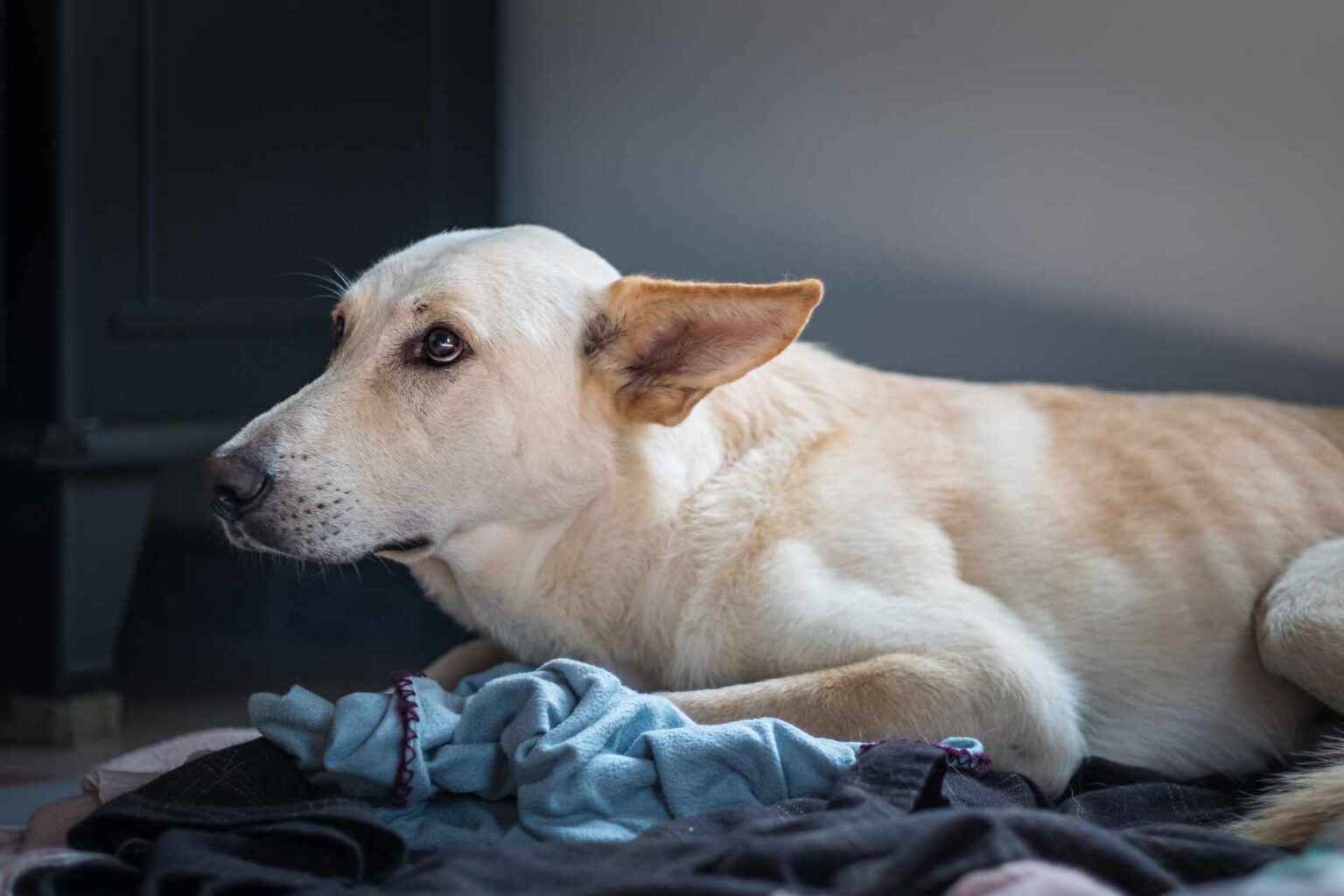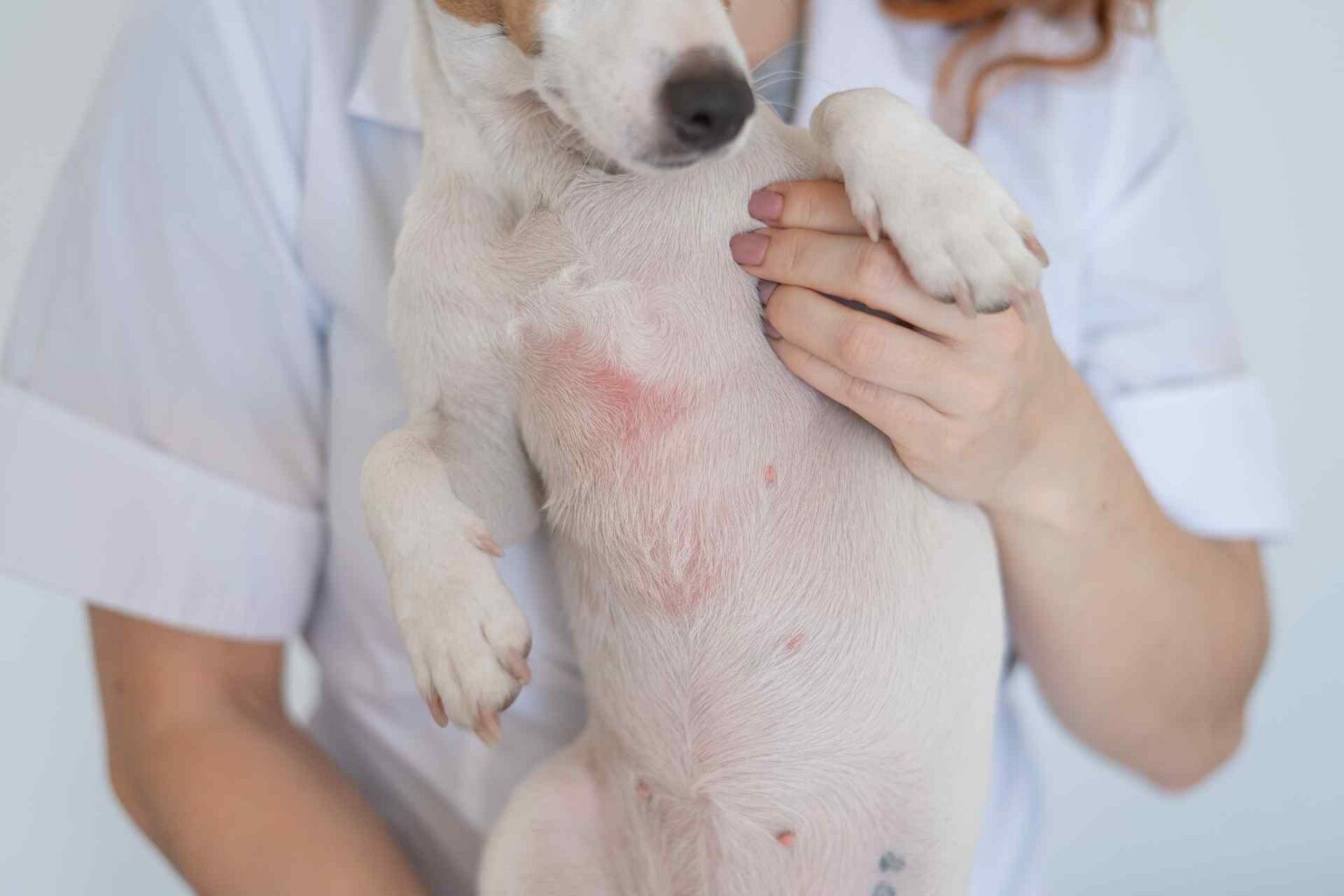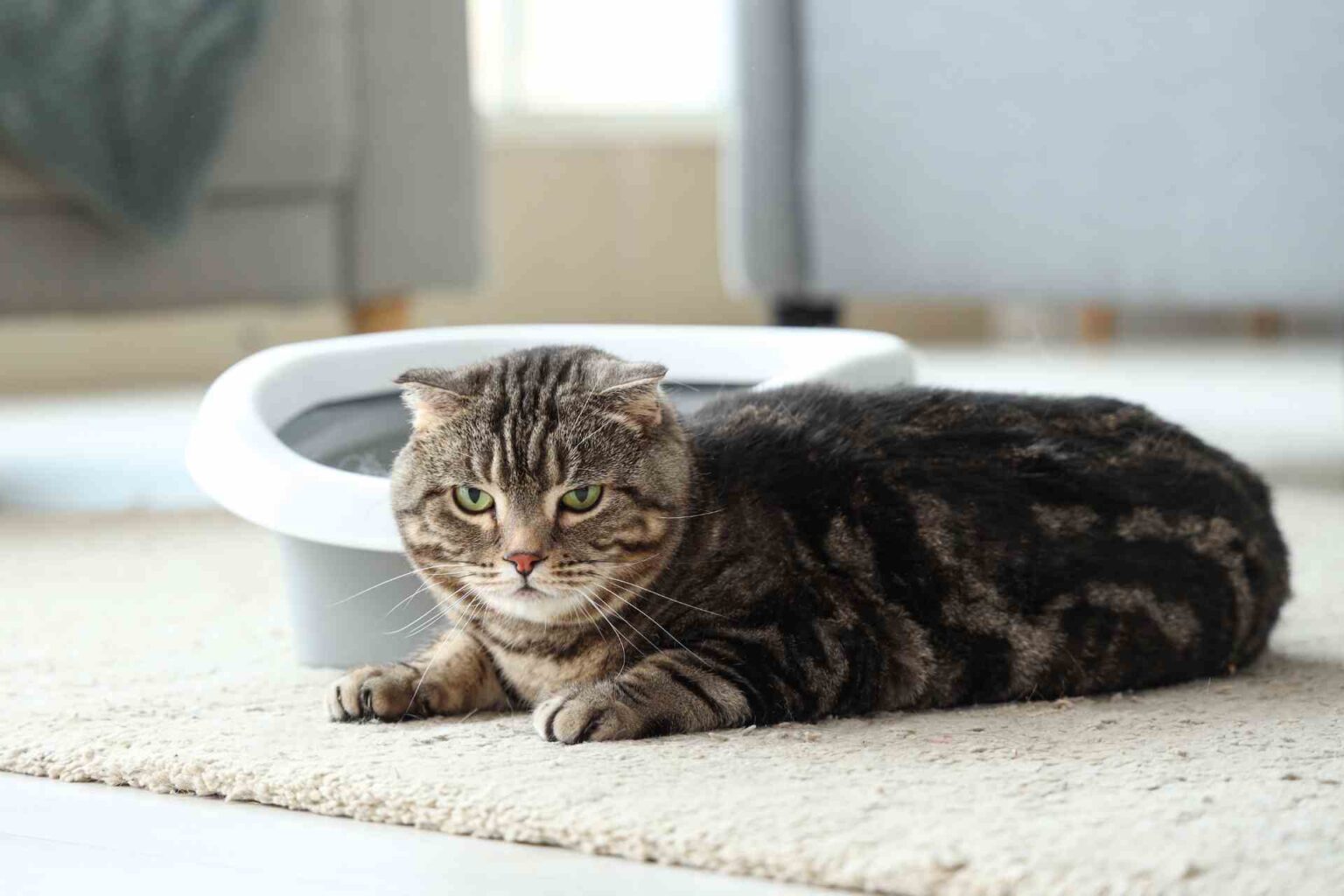It has been shown in humans and dogs that aging has a profound effect on the composition and diversity of the gastrointestinal microbiota.
In cats, studies to date have characterized the feline fecal microbiota at various life stages and demonstrated changes in its composition related to age and diet.
Age-related changes in the gut microbiota may be associated with immunosenescence or immune system dysfunction.
Immunosenescence can lead to chronic inflammation that contributes to the development of aging-related diseases. In cats in particular, harmful effects that may be related to advancing age and inflammation status include an increased risk of developing various conditions such as chronic kidney disease (CKD), diabetes, gastrointestinal diseases, cancer, and cognitive decline.
Given the average life expectancy, which for domestic cats to date is about 12 years, and considering the fact that from the age of 10 years a cat is considered to be elderly, it is of great interest in the study of foods that may be able to mitigate the negative effects of aging.
The benefits of food testing
Various data in the literature have shown the benefits that certain types of foods can bring to the health of elderly cats, leading to lower serum levels of uremic toxin 3-indoxyl sulfate, or an increase in glomerular filtration rate (GFR).
The study by Ephraim et al. evaluated the effect of a test food (with preponderance of certain ingredients) with potential anti-aging benefits, on plasma and fecal metabolites and on the composition of the gut microbiota of elderly cats.
The researchers recruited 40 domestic short-haired cats with ages ranging from 8 to 16 years.
The main foods used were:
- control food, featuring a preponderance of wheat, corn gluten meal, rice, pork fat, chicken, eggs, beet pulp, flaxseed, fish oil, carnitine, soybean oil, oat fiber, and wheat gluten;
- test food, featuring a preponderance of brown rice, corn gluten meal, peas, chicken, oat groats, fiber mixture (broccoli and tomato pomace), soybean oil, beet pulp, fish oil, and carnitine;
- wash-out phase food, consisting of the same ingredients as the control food, except for beet pulp and the amount of fiber.
The study included a 30-day period in which the cats consumed wash-out food. Then the cats were divided into two (numerically equal) groups, one fed control food and the other test food.
The results of the study showed that compared with the cats that consumed the control food, the cats of test group have showed lower levels of metabolites associated with harmful processes (e.g., uremic toxins) and, at the same time. Higher levels of metabolites associated with health maintenance of the body (for example, antioxidants such as tocopherols).
In addition, at the metabolic level, there was a shift toward proteolysis in cats on a control-food diet, a fact evidenced by higher levels of amino acid metabolites and lower levels of carbohydrate metabolites.
As for the fecal microbiota, however, various families of saccharolytic bacteria such as Choriobacteriaceae, Veillonellaceae, Bifidobacteriaceae, and Lactobacillaceae were more abundant in cats in the test group than those in the control group.
Quality food for felines of yesteryear
In conclusion, the study of Ephraim et al. showed that the consumption of specific foods is associated with higher levels of amino acid metabolites and a particular microbiota, both of which correlate with better health.In addition, both metabolism data and fecal microbiota data showed that the food test seems to favor saccharolysis, in contrast to proteolysis, which instead seems to be promoted by control food intake. From the data considered, therefore, it seems that this kind of feeding can support the health of elderly cats.
Reference
Ephraim E, Jewell DE. Effect of Nutrition on Age-Related Metabolic Markers and the Gut Microbiota in Cats. Microorganisms. 2021 Nov 25;9(12):2430. doi: 10.3390/microorganisms9122430.











